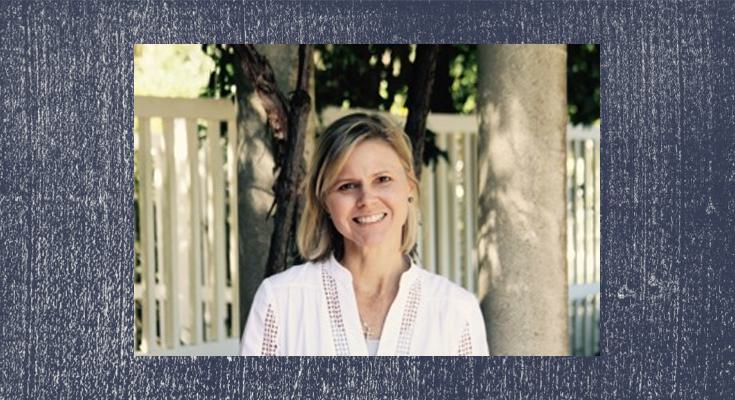When I entered the teaching profession after a short stint practicing law, the first principal I ever worked for surprised me. Even though he had been a leader in the school for years and was on the cusp of retirement, he came to the cafeteria every day to say hello to students and pick up any stray garbage on the lunchroom floors. The lunchroom was understaffed, so he figured he was the man for the job.
Prior to that time, I had worked in a corporate setting where those with the greatest experience earned the luxury of propping feet up on desks while those in their chain of command handled the more tedious tasks. What really surprised me about it, though, was how it actually inspired me in my role as a teacher. If the school leader could pick up the garbage, my own work seemed less intimidating and easier to master. Consequently, his small gesture shifted my mentality on what leadership should look like. His humility and ability to descend from his place of power showed me real leadership gets dirty.
And it is this kind of dirty school leadership we need more of today.
Like most segments of society, our schools are facing some mounting garbage. They are plagued with ongoing concerns over not just COVID but also teacher shortages, bullying, declining staff morale, and parent dissatisfaction over school masking decisions. If we want our schools to thrive in spite of it, leaders have to be able to confront it head-on.
Unfortunately, many in positions of leadership — from the state and local boards to local school administration— have approached the mounting problems by avoiding or waiting for the garbage to miraculously disappear. Throughout just the pandemic, many leaders have expected teachers and students to wear masks seven hours a day while they have enjoyed the luxury of breathing freely inside their own offices. They have instructed custodial and maintenance staff to meet health and safety guidelines without providing the financial means, additional staff, or necessary resources to do so. They have relied on teachers to use their creativity to configure greater distances between students and solve classroom problems caused by the pandemic. They have punted parent complaints down their chain of command or chosen to simply remain silent.
Other leaders have likely wanted to solve the problems, but for whatever reason, haven’t engaged in the heavy lifting necessary to do so. They have instead offered well-meaning incentives to make the difficulties more bearable. They have reduced teacher expectations, limited curriculum requirements, and offered bonuses and mental health days. The problem, of course, is that these efforts eventually fade, the garbage is still there, and student learning is often the loser.
Now that we are well into another stressful school year, it’s time for our leaders to reignite their imagination and offer dirtier leadership.
Some already have.
It happens when state boards lift suffocating (and oftentimes unnecessary) restrictions on certification requirements in order to increase the supply of eligible teachers and substitutes. It happens when local administrators step in to fill a class that would otherwise be lost due to teacher shortages. It happens when leaders reach out to community members to solve problems, create cross-district alliances, or find ways to serve students a promised meal when their chain of supplies falls through.
As most teachers will tell you, however, these instances are rare.
After all, garbage shouldn’t get in the way of real learning.
Krissie Allen is a former attorney and English teacher who writes about issues impacting faith, society, and good sense. The views and opinions expressed here are those of the author and do not necessarily reflect the policy or position of 1819 News. To comment, please send an email with your name and contact information to Commentary@1819News.com










